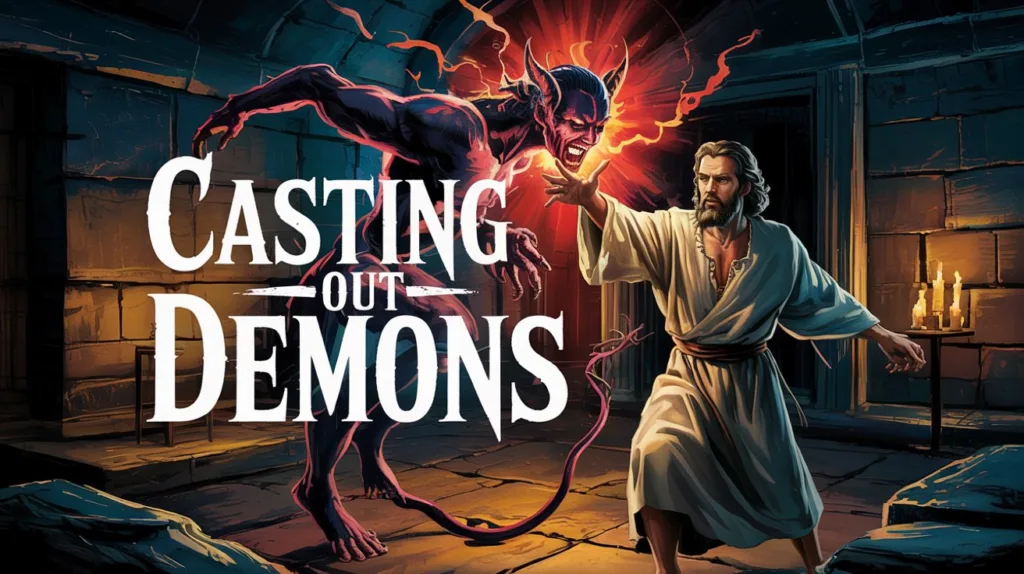Fishing nets are used in the Bible both literally and symbolically, often representing the spread of the gospel, divine judgment, and the gathering of people for God’s purposes.
Jesus used the imagery of nets in calling His first disciples. When He saw Simon Peter and Andrew casting a net into the sea, He said, “Follow Me, and I will make you fishers of men” (Matthew 4:19). This metaphor indicated that just as nets gather fish, the disciples would gather souls into the kingdom of God through the preaching of the gospel.
In Luke 5:1–11, Jesus directed Peter to cast his net into the deep after a fruitless night of fishing. The resulting miraculous catch nearly broke the nets and filled two boats. This event showed Jesus’ divine authority and prefigured the abundant results of evangelism when done in obedience to Him.
In Matthew 13:47–50, Jesus compared the kingdom of heaven to a dragnet that was cast into the sea and gathered fish of every kind. When full, it was drawn to shore, and the good fish were separated from the bad. This parable illustrates the end of the age, when angels will separate the wicked from among the just. The net here symbolizes the inclusive call of the gospel and the final sorting that will occur at the time of judgment.
In the Old Testament, nets are sometimes used as metaphors for entrapment and judgment. For example, in Ecclesiastes 9:12, man is said not to know his time, “like fish taken in a cruel net.” Similarly, in Ezekiel 12:13, God says He will spread His net over the rebellious prince of Israel.
The symbolism of nets reveals both divine grace and accountability. They show how the gospel reaches all kinds of people and how judgment will ultimately distinguish the faithful from the unfaithful. Fishing nets underscore the responsibility of believers to be laborers in God’s harvest and the certainty of divine justice.





 Get the book that teaches you how to evangelize and disarm doctrines from every single major cult group today.
Get the book that teaches you how to evangelize and disarm doctrines from every single major cult group today.